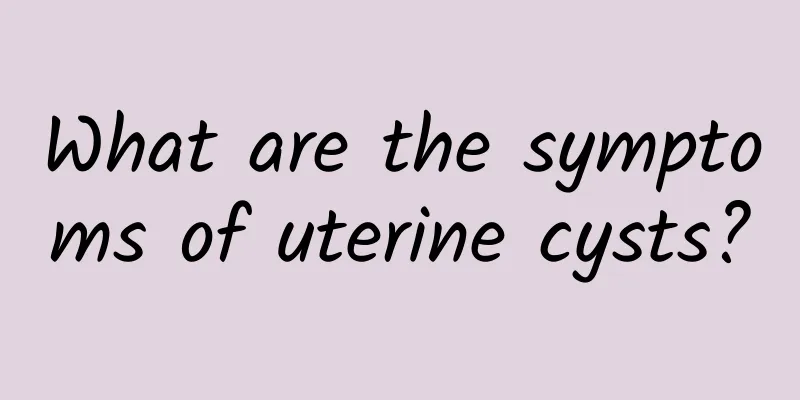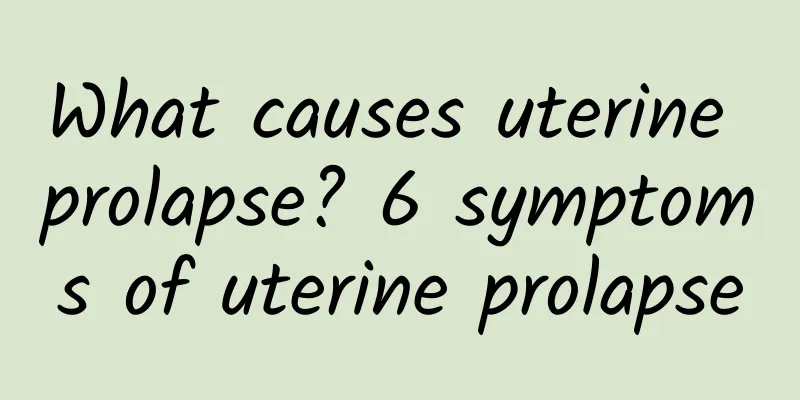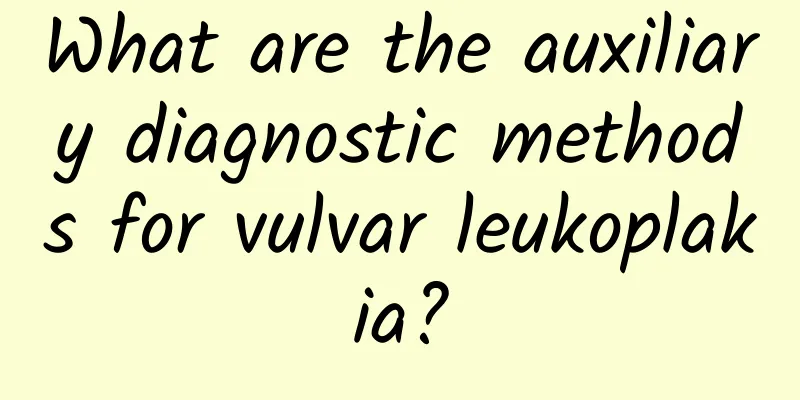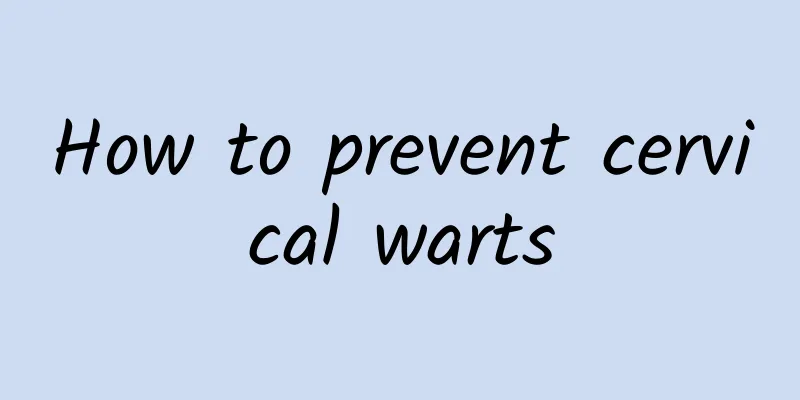What are the symptoms of uterine cysts?

|
The symptoms of uterine cysts vary depending on size, location and nature, but common manifestations include lower abdominal pain, menstrual abnormalities and difficulty urinating or defecating; when symptoms are severe or continue to worsen, you need to see a doctor for a comprehensive examination. Uterine cysts refer to fluid-filled cystic structures that appear on or around the uterus. Some small cysts may not have obvious symptoms and are usually discovered accidentally during a physical examination; larger cysts may cause dull pain or distension in the lower abdomen, especially during menstruation. Some patients will experience menstrual abnormalities such as increased menstrual flow, irregular bleeding, or prolonged menstruation. When a cyst presses on the bladder or rectum, symptoms such as frequent urination, difficulty urinating, or constipation may occur. If a cyst ruptures, bleeds, or twists, it can also cause acute and severe abdominal pain, and may be accompanied by dizziness, nausea, or even fainting. In this case, emergency medical attention is required. Uterine cysts refer to fluid-filled cystic structures that appear on or around the uterus. Some small cysts may not have obvious symptoms and are usually discovered accidentally during a physical examination; larger cysts may cause dull pain or distension in the lower abdomen, especially during menstruation. Some patients will experience menstrual abnormalities such as increased menstrual flow, irregular bleeding, or prolonged menstruation. When a cyst presses on the bladder or rectum, symptoms such as frequent urination, difficulty urinating, or constipation may occur. If a cyst ruptures, bleeds, or twists, it can also cause acute and severe abdominal pain, and may be accompanied by dizziness, nausea, or even fainting. In this case, emergency medical attention is required. To relieve symptoms and prevent further deterioration of cysts, regular gynecological examinations are recommended for early detection and monitoring. For small cysts with mild symptoms and no health impact, oral contraceptives (such as ethinyl estradiol cyproterone acetate tablets) can stabilize hormone levels and inhibit their growth. For larger cysts or cysts with obvious symptoms, doctors may recommend minimally invasive surgery (such as hysteroscopic cystectomy) for treatment. In terms of diet, you can eat more fiber-rich foods (such as whole grains and green leafy vegetables) to help digestion and reduce abdominal pressure; at the same time, do low-intensity exercises such as jogging or yoga to improve blood circulation and relieve discomfort. If symptoms recur or worsen, you should consult a professional doctor immediately. |
<<: What kind of exercise should I avoid if I have uterine fibroids?
>>: How to judge uterine prolapse and what to do
Recommend
How long does it take for cervical erosion to develop into cervical cancer?
If the patient shows moderate to severe cervical ...
Will going back to work the next day after an abortion affect recovery?
Abortion refers to artificial abortion. It is usu...
Is a gluten-free diet really healthier? Nutritionist: These people should avoid gluten foods
The "gluten-free diet" is popular in Eu...
How to check if it is
Virginity can be checked through medical examinat...
How can we effectively prevent the recurrence of uterine fibroids?
It is very common for uterine fibroids to recur a...
These methods are effective in treating ovarian cysts
Ovarian cyst is a very common gynecological disea...
What are the common symptoms of uterine fibroids and what medicine should I take?
Common symptoms of uterine fibroids include menst...
Is it true that eating shepherd's purse dumplings can cause miscarriage?
Is it true that eating shepherd's purse dumpl...
Introduction to several main symptoms of chronic cervicitis
Clinically, the onset of chronic cervicitis is ve...
Is it true that eating bananas can help you lose weight? Nutritionist: Choose this color of banana, it has more resistant starch and makes you feel full easily
Many people are asking: "What can I eat to h...
Choosing the right food to eat can help people who eat out lose weight easily
Text/Zhu Yihao Only by combining exercise and die...
Patching therapy for amenorrhea
Amenorrhea is a common symptom of gynecological d...
What are the tests for uterine fibroids?
There are many types of uterine fibroids, and the...
How to deal with itchy vaginal candidal infection? Eliminate infection-prone factors
Vaginal candidiasis is a common gynecological inf...
Pelvic inflammatory disease has many causes and treatment needs to be early
Pelvic inflammatory disease is a common gynecolog...









